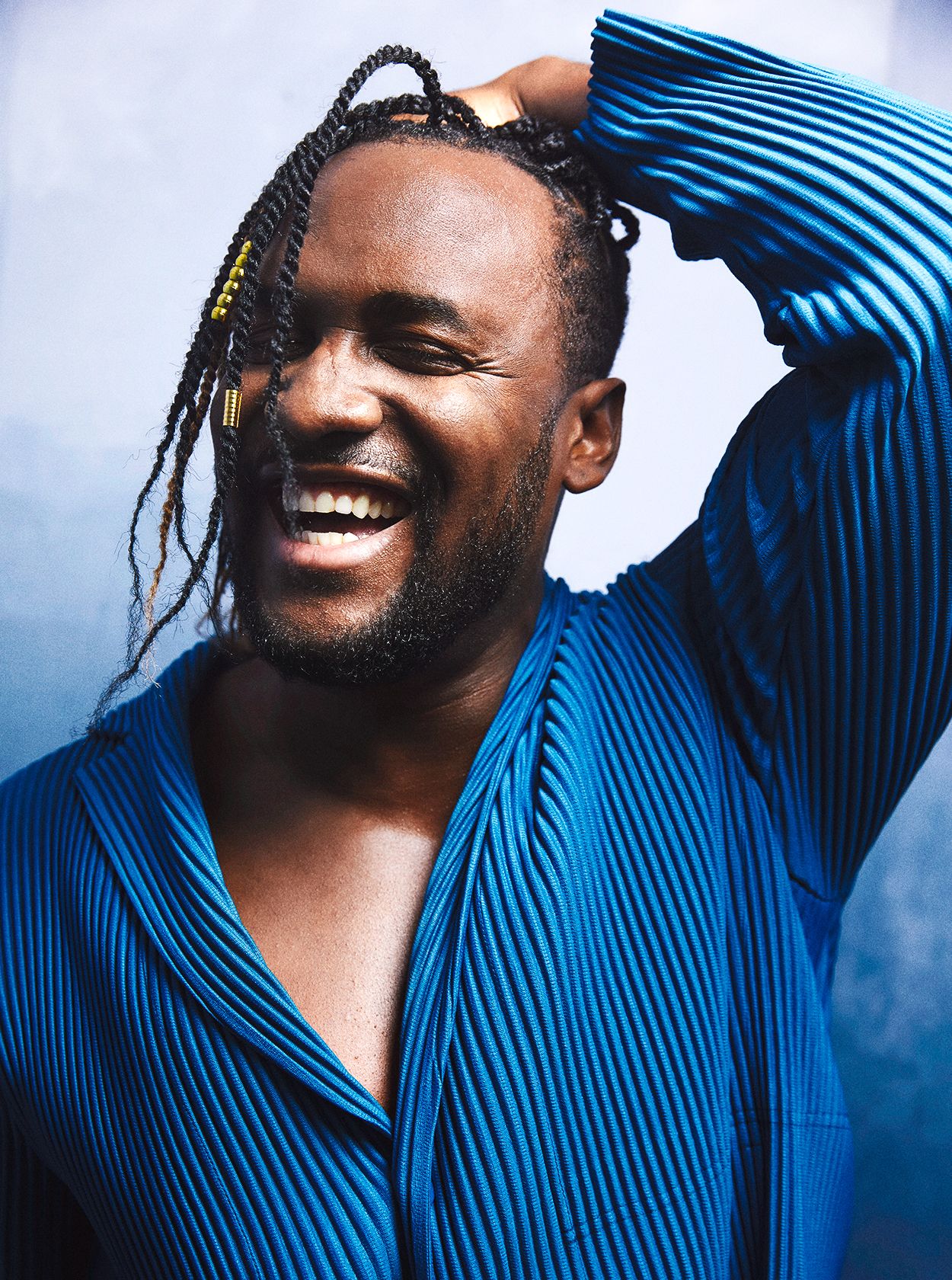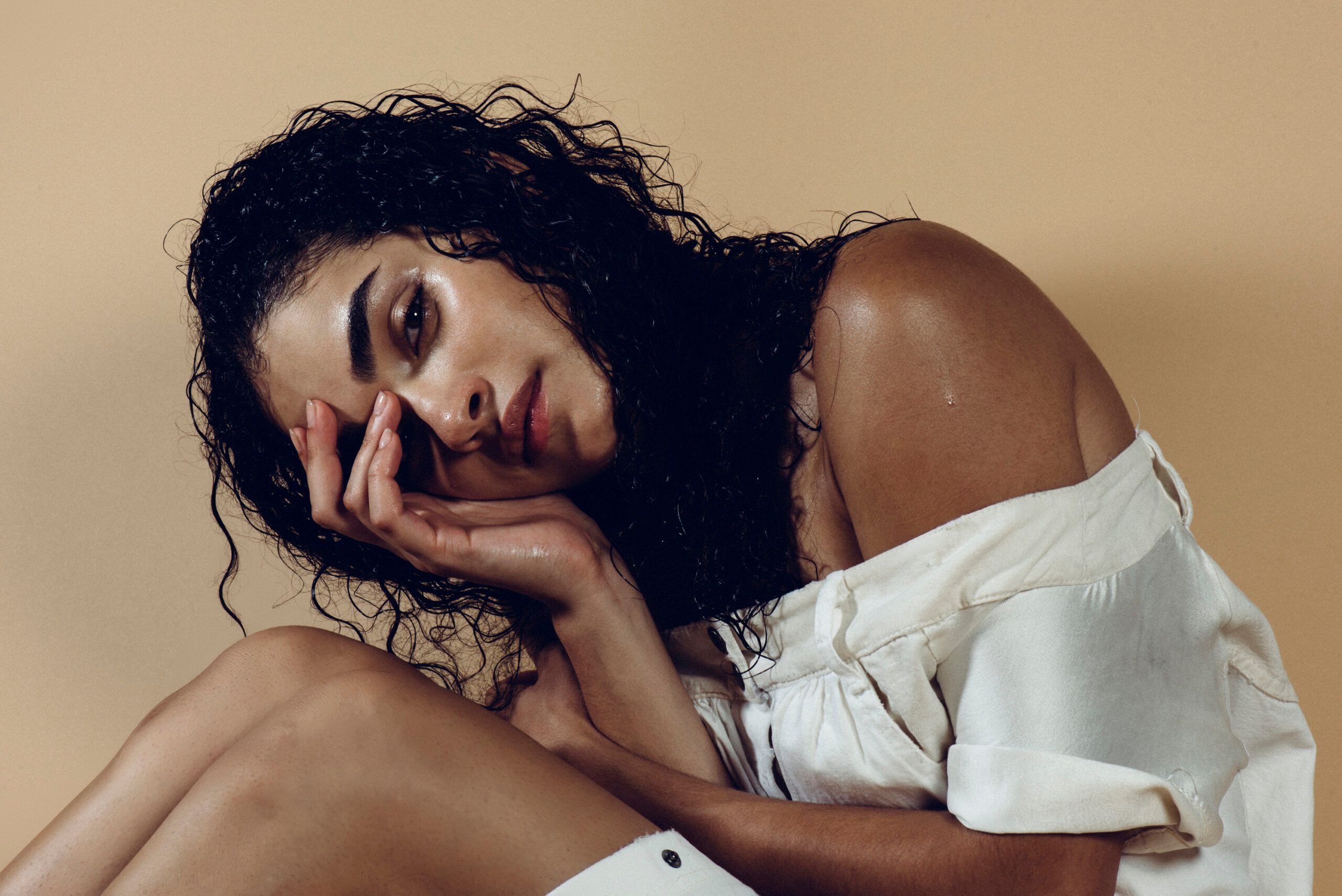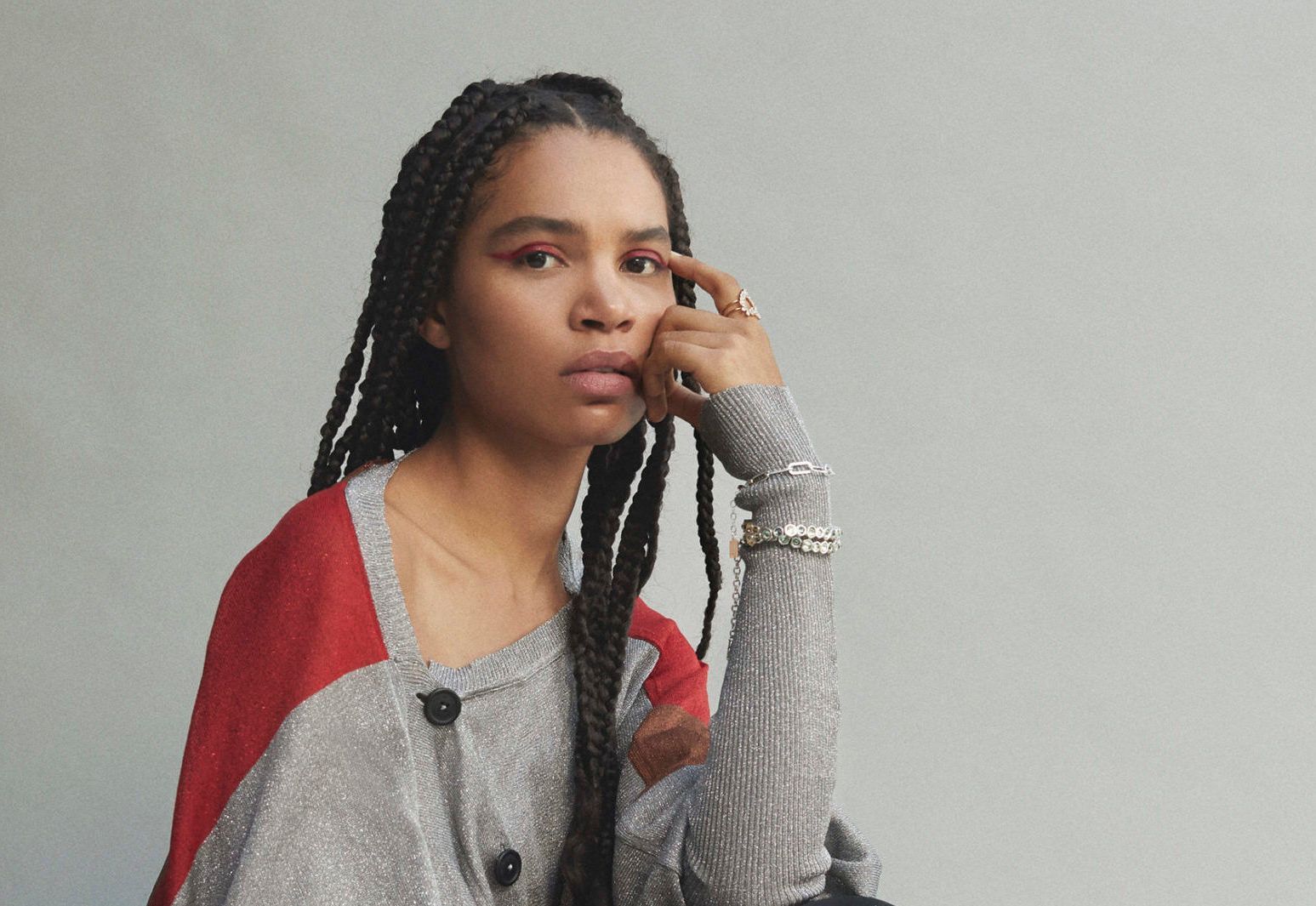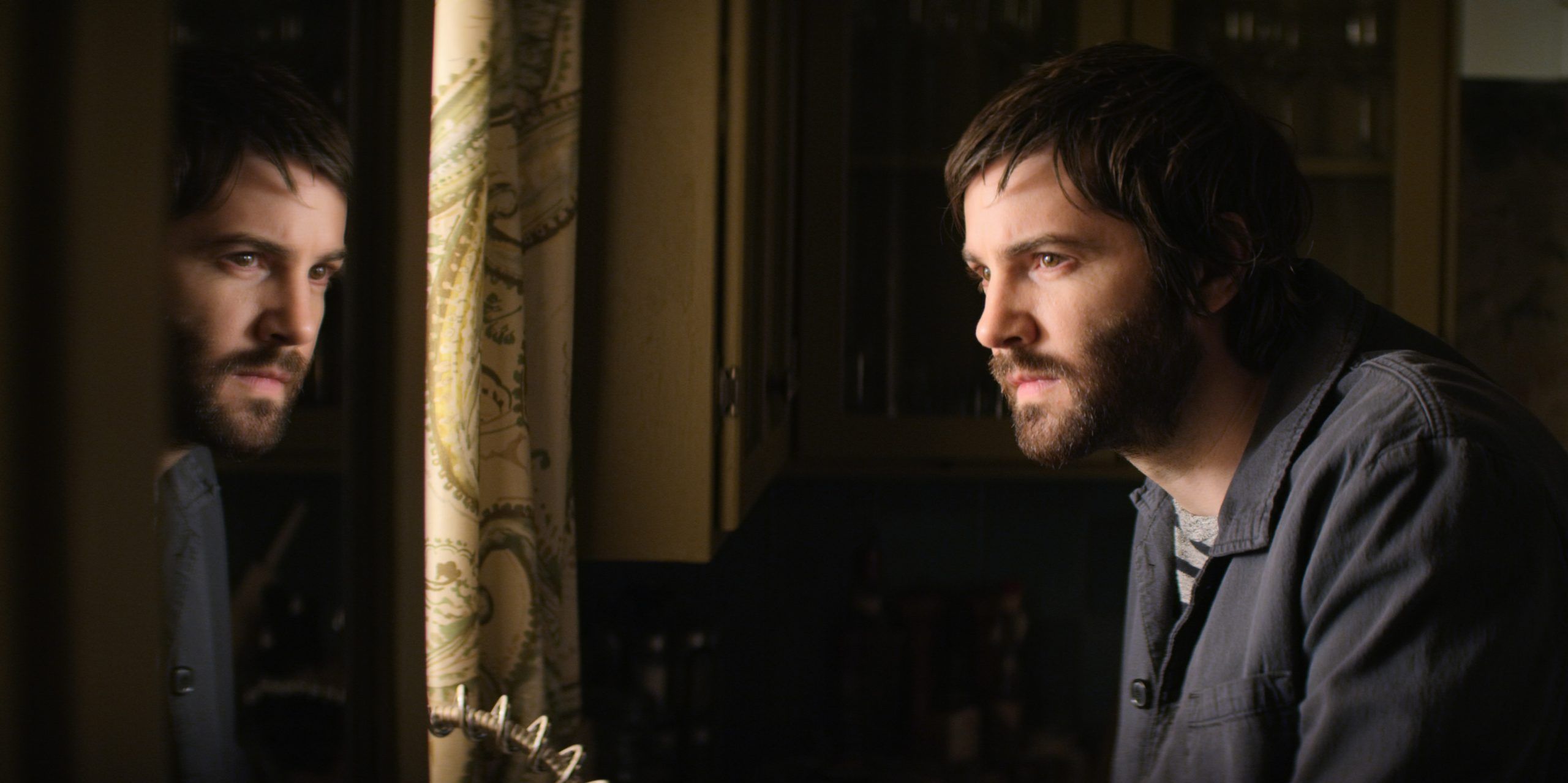
Jim Sturgess
In what should come as a promising sign to potential viewers, Jim Sturgess’s latest series Home Before Dark was greenlit for a second season before it even premiered.
Inspired by the true story of teenage journalist Hilde Lysiak, the genre-bending series is part mystery, part family drama, and a wholly charming story of a unique father-daughter bond. At the heart of Home Before Dark, captures Brooklynn Prince [The Florida Project], a burgeoning, nine-year-old journalist who investigates a murder in her small town alongside her father [Sturgess), a former journalist grappling with tragic events within his own past.
While the series is not Sturgess’s first venture into projects inspired by incredible true events — among his notable credits include false-identity drama JT Leroy and Vegas heist thriller 21 — it may prove to have the broadest appeal this time around, with both darker themes and heartfelt moments provided by its family dynamics and a brilliant selection of young actors.
As he spends the coronavirus-induced production downtime by ‘drawing a little bit and staring out of the window a lot’, we chat with Sturgess about his nerves before meeting his to-be TV daughter, being compared to Spielberg, and the recent appetite in audiences for true crime.
What drew you to this project in the first place? Were you familiar with Hilde’s story before you got involved with the show?
I wasn’t; I didn’t know anything about it. Being in London and in the UK, it was not something I was aware of at all. So, I read the first two episodes I think before I’d even found out that it was based on a true story and that Hilde was actually a real girl. And like anything, the minute you find out it’s based on reality, it just so heightens your interest a bit more.
I’d literally seen The Florida Project about a month before I was given the call to come and meet with Brooklynn — so she was very much in my headspace as I had just seen the film, and I thought, ‘Wow, who is that young girl?’ She’s incredible. And then a month later, I got a phone call asking if I would come and do a workshop with her, with the thought of playing her dad. And I just remember thinking, ‘I hope she’s not like that in real life like she is in that movie because she’s mental in that film.’ [Laughs] I was quite nervous to kind of meet her, actually. They flew me to Los Angeles to do a screen test with her and to make sure that we would get along and that we had some sort of chemistry between the two of us. So that was interesting, doing a chemistry read with an eight-year-old girl. Usually, that’s done for a romantic purpose you know, to see if you have chemistry with a romantic co-star. To do it with a sort of father-daughter dynamic with an eight-year-old girl was probably more terrifying. Kids are much more honest about whether you have chemistry or not.
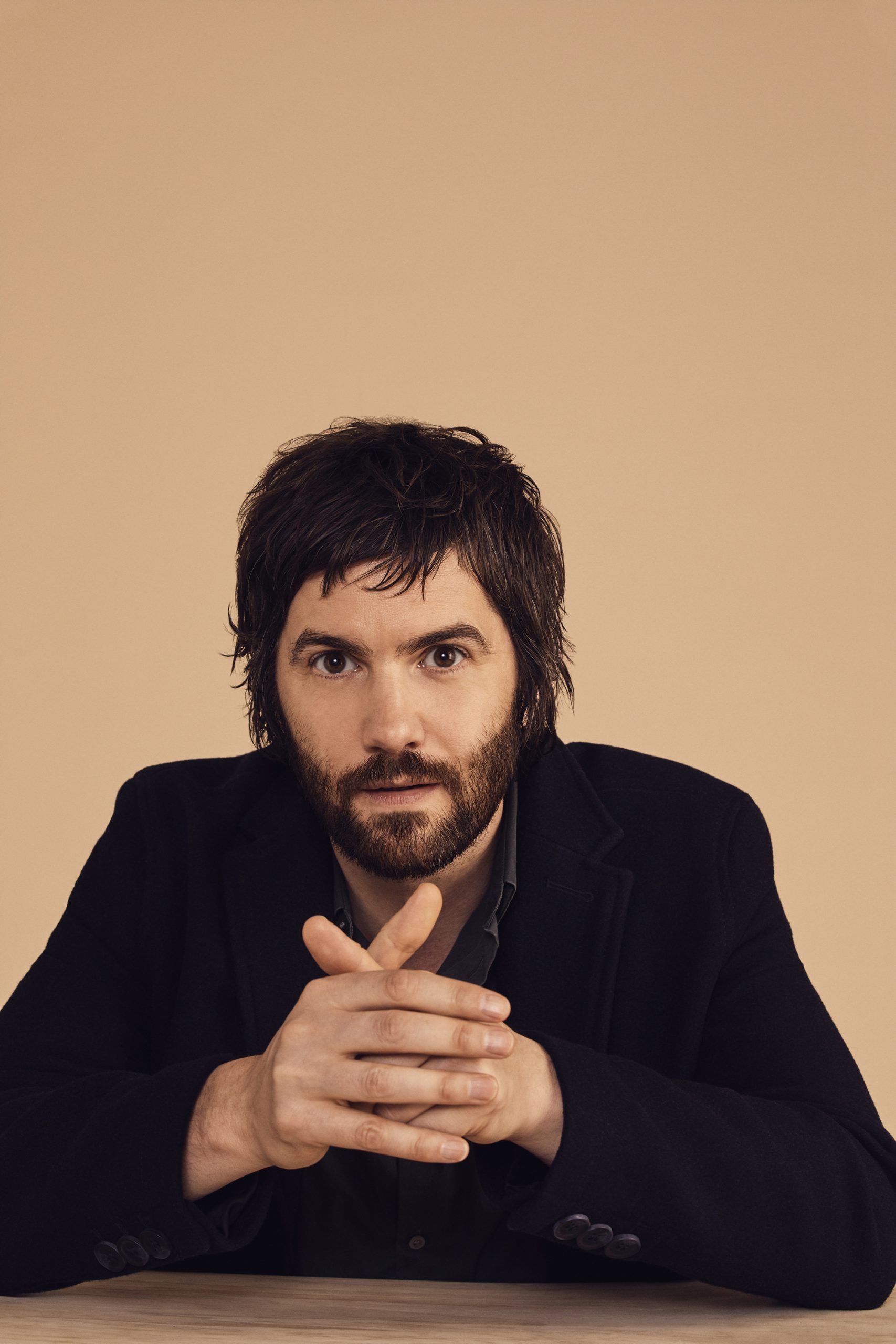
Brooklynn is only the latest in a line of some really incredible actors that you’ve worked with. Did any of them, in particular, make a really lasting impression on you? Was there any advice that you were able to pass along to her?
I didn’t pass on any advice to Brooklynn at all. I think with the process of being together for that amount of time, I think we both learned a lot from each other, actually. I definitely learned a lot from being with her and the ease she has in front of the camera, and the fact that once the scene is done, she just kind of moves on. That’s such a gift, to be able to do that. That’s something that a young person could definitely teach an adult because adults tend to stew on the past and marinate on what’s just happened and worry about things and second-guess things and look back in hindsight. Kids just kind of live in the moment; once it’s done, it’s done, and they move on. That was a great lesson to learn from her for me. But in terms of people that I’ve worked with, Ed Harris was a big influence on me when I worked with him in the movie The Way Back. I was such a huge fan of his, and making that film all of us were on screen all day, every day, together all the time. There was never a moment that we weren’t together for the three months that we shot the film. We became very close and were sort of bound by that experience that we had making that film, and he’s been somebody that I look up to and can get advice from.
This show confronts darker themes despite having a young protagonist, and people have already been comparing it to Spielberg’s early work. I was wondering if you had any points of reference for what this show would be.
It walks a really interesting line that I’ve not seen that often — where it does adhere to the adult world and show the emotionally difficult complexities of the adult world, but through the eyes of kids. It puts these kids in very traumatic situations and it shows how they deal with that. But at the same time, you see the world through their eyes and there’s a real sort of purity and innocence and fun about it as well. As a sort of straight reference, Stand by Me was a film that was certainly through the eyes of kids and dared to go quite dark. They’re very different kinds of films but it’s that kind of energy, you know. You can totally watch it as a kid and be a part of the adventure that the kids are on, but know that there are some very adult things that they’re getting involved in.
The show has a really wide appeal — which is especially great right now, as you have a lot of families who are stuck at home together — but it’s gonna be meaningful in different ways to different audiences and age groups. What do you believe the show’s core message to be?
I think the core message really is about family and support; you really become a part of the family as you watch the show. The family has such a strong dynamic at the forefront of the story, and you see a lot of perspectives within that family unit. Parents trying to be parents, parents learning from their own kids, parents having to be parents to their own parents — that sort of cyclical nature of the family dynamic is very much at the forefront of the show. I have to now look after my dad who’s struggling with dementia, and how that dynamic completely shifts and turns it on its head. But I think ultimately, it’s really about support and family and hope and everybody trying to look for the truth when the truth is often quite hard to find.
Because the show rests so heavily on those family dynamics, did you have conversations with the cast about how you would each work through your characters and their relationships to each other?
Not at all. No, it was quite the opposite, actually. It was so fluid and so organic and so effortless that we really didn’t have to. I think to talk about it would have broken the magic of it. I remember so specifically, the first day we all did a big family kitchen breakfast scene. We had the whole family all together in one scene and everybody’s cooking food, and it’s chaos. It was just literally chaos. It was just like, I hope they’re capturing this sort of chaos because that feels very real to all of us. I think everybody at that moment felt like, ‘Wow, this could really work because whatever’s happening on-screen right now feels very real, and let’s just nurture that organic chaos and try and represent it in the show.’ They cast it in such a way that they kind of knew, I think, that everybody was going to connect with each other in the way that they should. Me and Abby [Miller], who plays my wife, just became really good friends immediately. Her energy is so positive and so outgoing, and she’s so much fun. We all just fed off each other in that way, and to have a conversation about it would have probably been detrimental in some way.
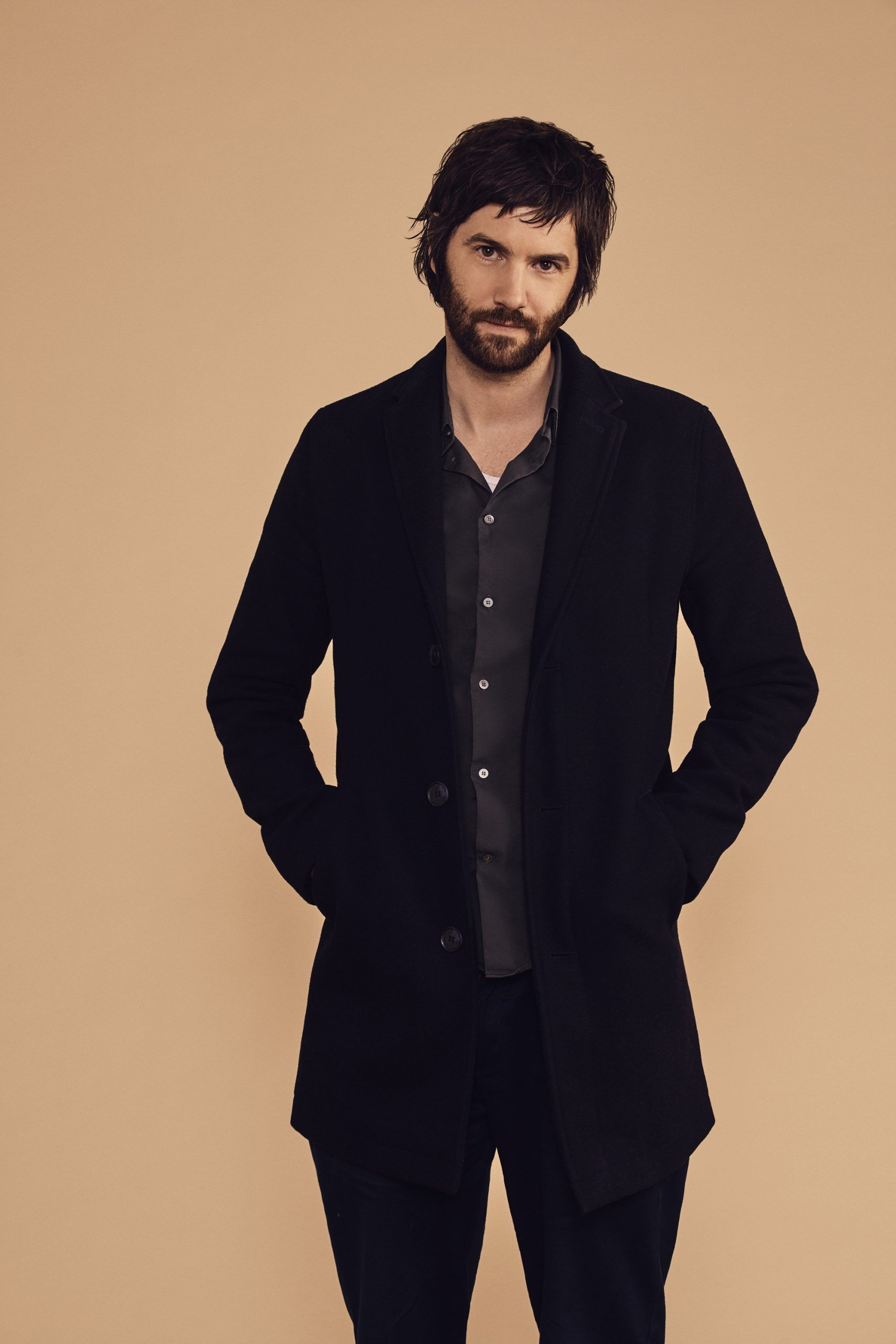
True crime is having a big moment right now in terms of the TV series and podcasts that audiences have really latched onto. Are there series, podcasts, or films that you’ve enjoyed lately, or even stories that you’ve followed?
Yeah, one of the things that I watched was Abducted in Plain Sight, the Netflix documentary, which completely blew my mind. And the Madeleine McCann case that was so prevalent in my growing up, I remember it so specifically being in all the news and it was constantly in the papers and, you know, sort of shook the whole of England at that time. Everyone sort of questioned their own parenting and it was just such a crazy, crazy case. I remember looking into that quite deeply. There was another case, the Elizabeth [Smart] case. I read her autobiography and her account of what really happened, which was just shocking, I mean, shocking. She was just taken from her own house, in her room with her sister and her parents in the house. There’s that feeling of like, no matter what you do, there’s just this horrendous possibility that something can happen, you know? She survived and escaped, and so she wrote a book about what her experience was. So, there are a lot of stories to be told from that situation.
A lot of the stuff that I read online and podcasts that I looked into did talk about brothers and sisters and best friends who just wanted to know what happened to their best friend, and how that affected the whole family. Not only the whole family but the entire town because a lot of these things happened, for some reason, in very small towns. It’s not often it happens in big cities. It’s so often in very sleepy, small, outback towns that the abductions take place. And that can affect the whole community, how everyone in that community lives with that memory and that trauma. I think that the show does touch on this; it does look into the fact that this is a broken town, and everybody has this memory of this boy who went missing all those years ago and just tried to sort of smooth it over and get on as usual and no one really ever got to the bottom of what happened.
Sorry to end on such a dark note! But it’s great that the show also communicates how much important, critical journalism can come out of that, too, which is great to see on-screen.
Yeah, absolutely. Just the fact that it’s these kids who really care, you know; they really care about the truth and they really care about what happened. They really want to expose the lies and deceit that the adult world is quite happy to live within. And they just sort of say, ‘No, this is not okay.’ I think that’s very relevant to what’s going on in the world right now, in terms of young people standing up to the greater, bigger adult powers all caught up in all kinds of deceit and corruption. But yeah, I keep going down a very dark path when I talk about the abduction stuff! I have to keep reminding people that the show is so brilliantly toned, that it does go there but it’s so fun to watch some of the kids in the show. They’re just hilarious, Jibrail [Nantambu] and Deric [McCabe] and Brooklynn, who are often the ones who are off doing all the investigating on their bikes and scooters. The stuff between them is just hilarious, and so much fun to watch.
interview by Juliana Ogarrio
photos courtesy of Apple TV+
Home Before Dark currently streaming on Apple TV+!
[embedyt] https://www.youtube.com/watch?v=jsONbsXCuSg[/embedyt]



